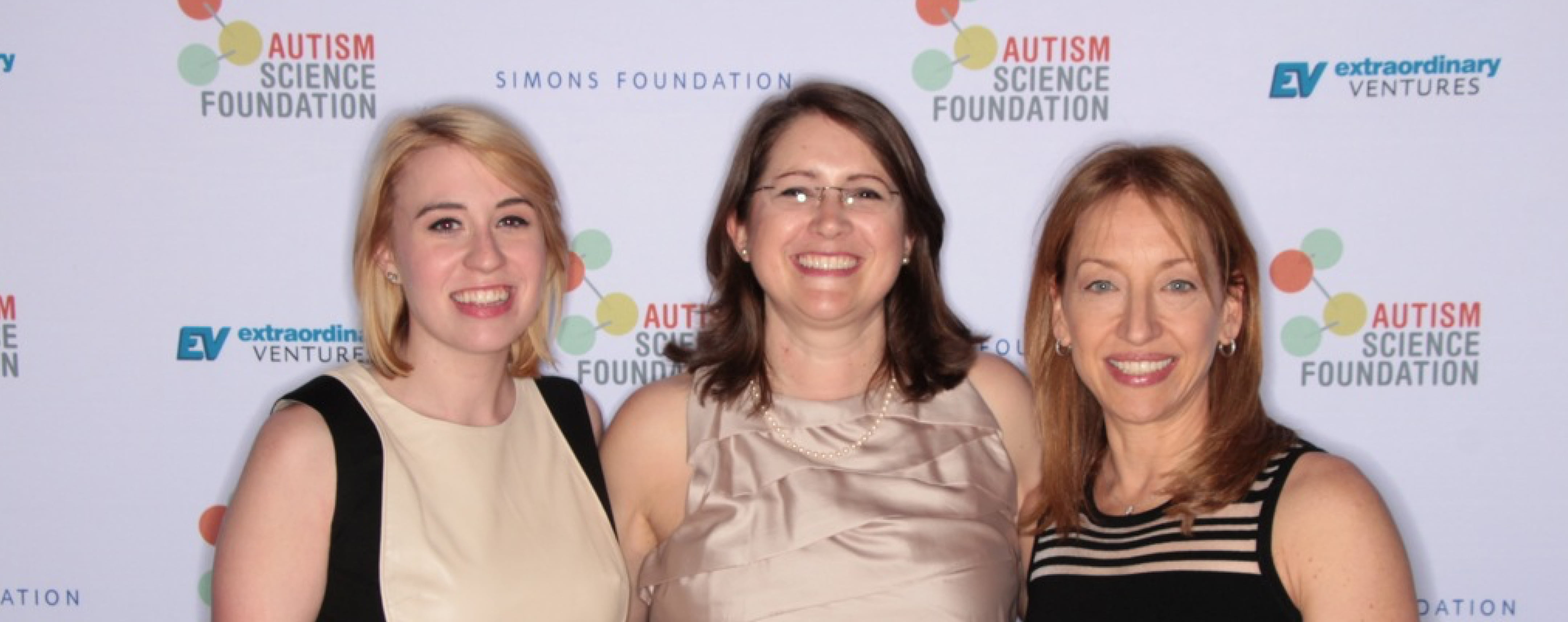Comparing spoken language treatments for minimally verbal preschoolers with autism spectrum disorders
Preschoolers with severe autism and minimal speech were assigned either a discrete trial or a naturalistic language treatment, and parents of all participants also received parent responsiveness training. After 12 weeks, both groups showed comparable improvement in number of spoken words produced, on average. Approximately half the children in each group achieved benchmarks for the first stage of functional spoken language development, as defined by Tager-Flusberg et al. (J Speech Lang Hear Res, 52: 643-652, 2009). Analyses of moderators of treatment suggest that joint attention moderates response to both treatments, and children with better receptive language pre-treatment do better with the naturalistic method, while those with lower receptive language show better response to the discrete trial treatment. The implications of these findings are discussed.

